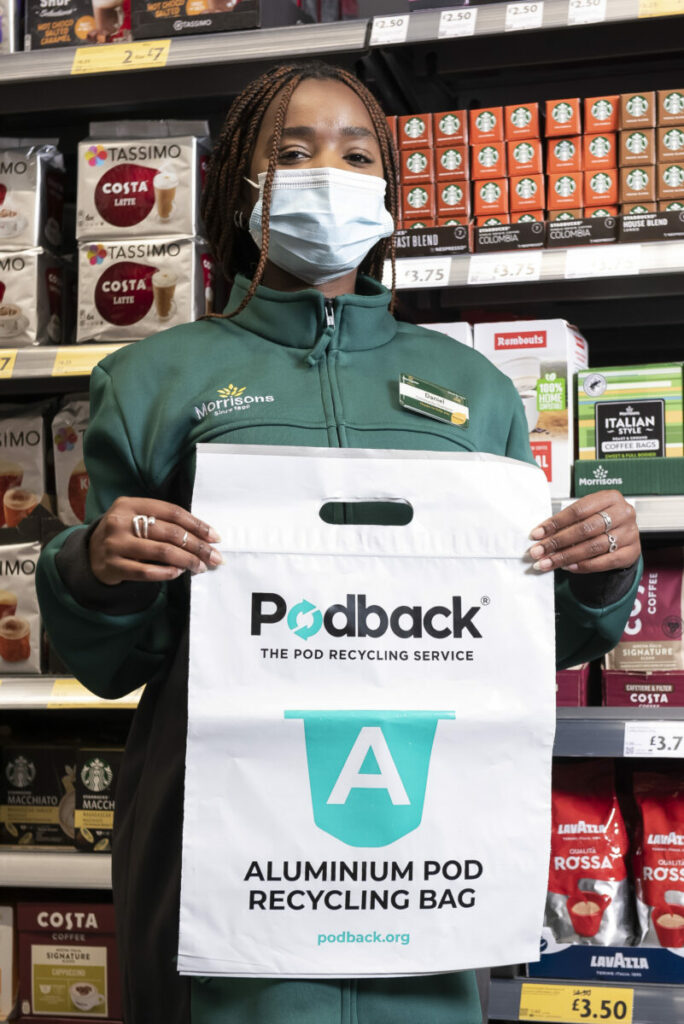The Royal Society of Chemistry (RSC) has set up a business taskforce – which includes Unilever, BASF and Walgreens Boots Alliance – to tackle ‘unrecyclable’ polymers in liquid formulations (PLFs) by 2040.
According to the RSC, more than 36 million tonnes of PLFs are made each year but not recycled.
RSC industry associate Anju Massey-Brooker explained the material can be found in everything “from cosmetics and make-up to fertilisers and lubricants for machinery.”
“With the right funding and collaboration, we can design biodegradable PLFs and put in place the infrastructure needed to create circular economies for them, so that products retain their usefulness while being more sustainable,” she added.
Subscribe to Sustainability Beat for free
Sign up here to get the latest sustainability news sent straight to your inbox each morning
The taskforce’s roadmap has set out plans to the industry to develop circular economy infrastructure for tackling these chemicals, and to create the first biodegradable PLFs by 2030. Overall, the taskforce aims for the PLF sector to become environmentally sustainable by 2040.
The taskforce calls for industry to rapidly advance research and development on PLFs and task force members are already leading the charge and for the government to create a national chemicals regulator that would set a gold standard in regulation, while academic institutions are asked to use PLFs terminology, collaborate with industry and publish research to stimulate innovation in this field.
BASF senior sustainability manager Tony Heslop said the demand for the unrecyclable polymers will increase as the population grows so the industry “needs to take the transition to a sustainable PLFs ecosystem seriously. This means moving away from fossil to biobased feedstocks and creating a circular economy to minimise waste and maximise reuse and recycling.”
“This is of course something that no industry body or organisation can tackle in isolation, and as such, the RSC’s task force provides a strategic platform that allows us to work with our industry peers to generate solutions that we can all benefit from, while reducing our collective impact on the planet,” he added.















